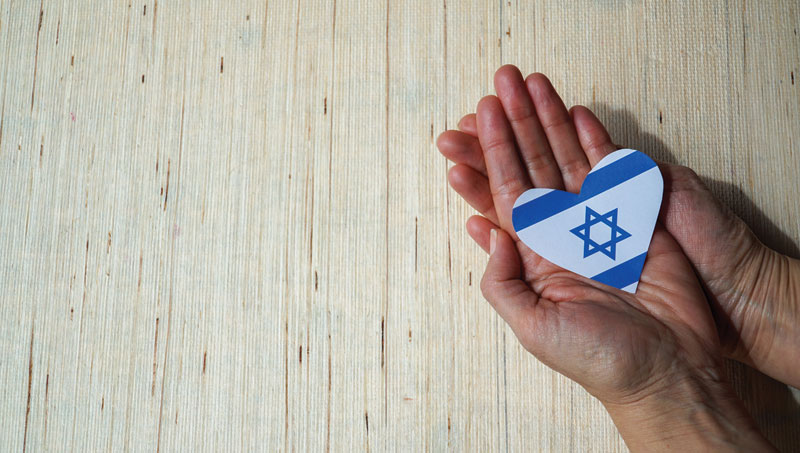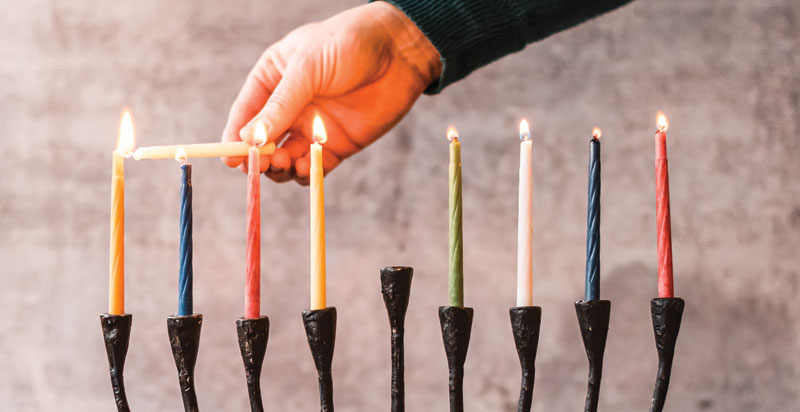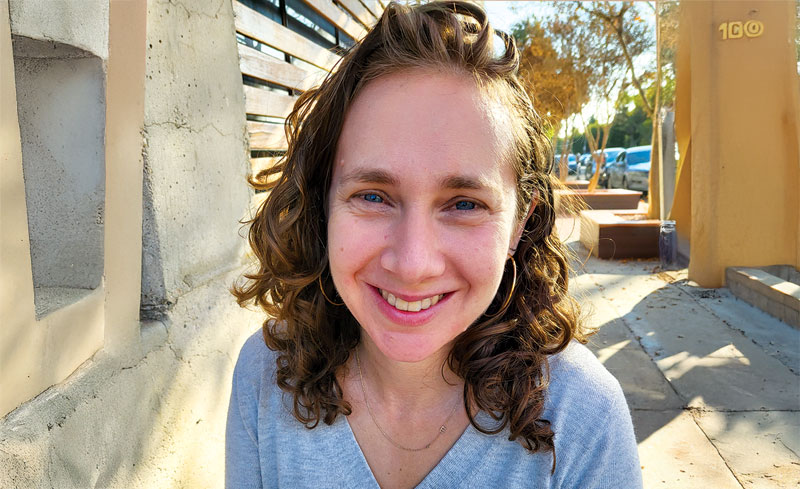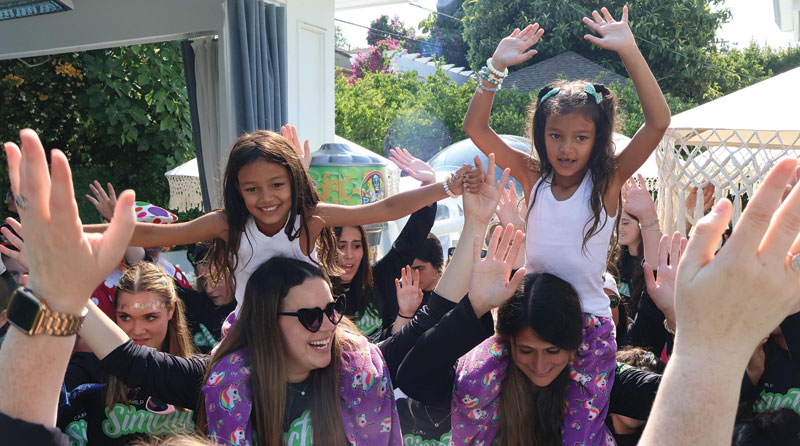I thought the readers of The Jewish Journal wouldbe interested in one of the many things The Jewish Federation does tobuild bridges between Israel and our community.
Ya’acov Paikovsky is a member of the foundingclass of the Teach And Study Program (TASP).
Before coming to Israel, he had been a schoolpsychologist and educator in public and in private Jewish schools inSouthern California.
He recently wrote a letter telling of hisexperiences in the program:
“Last summer I was finally able to fulfill alifelong dream of coming to live in Israel, by becoming a part of theTeach And Study Program (TASP).
“Through TASP, a program of the City ofTel-Aviv-Yafo and the Los Angeles Jewish Federation, I have beenteaching English half-time at an Israeli elementary school, as wellstudying for a master’s degree in applied linguistics.
“I had worked in both Jewish and public schools.But still, I wasn’t sure what to expect.
“In the U.S., there is usually a ‘honeymoon’period at the beginning of the school year, a period of studentsfollowing the teacher’s every instruction. Then, after about twoweeks, the students begin to test the teacher.
“How would the students test me? How would Ireact?
“I knew my way around a classroom, or at least anAmerican classroom.
“I was told that I would be co-teaching for awhile, to get acclimated, a good idea.
“In my life, I had met Jews from all over theworld. Thus, I knew to accept that I would be walking into aclassroom culture different to the one I had been used to.
“I was to teach in a traditionally Mizrachineighborhood, mostly Iraqi, but also Moroccan, Persian andYemenite.
“However, over the past five years many olim chadashim (new immigrants) from the former Soviet Union had moved into theneighborhood.
“There had been tension between old and new, inthe beginning, with the schools not having been able to escape itseffects.
“The situation became more relaxed over theyears.
“Yet, after I was informed of my school’sparticular history, I was still impressed with the friendships Iwitnessed in the classroom, like the strong bond betweenfourth-graders like Boris, a new immigrant from Russia, and Lior, alocal boy.
“Whereas in the U.S., strong friendships areusually found in high school or in college, I found that in Israel,best friends often start off as best friends in first or second gradeand last through and beyond service in the IDF (Israeli DefenseForces).
“What I have seen take place in the classroom hasbeen highly reflective of the intimacy I see on the streets everyday,very high energy, sometimes very loud and tense, yet always withhearts of gold. In the U.S., children are taught to sit still, bequiet, and try to absorb their teacher’s knowledge like asponge.
“Fortunately, the American classroom has beenmoving away from that approach.
“In Israel, the classroom is highly dynamic.Students are often in and out of their seats, sometimes climbing ontop of something, but all the while, their minds are moving just asquickly as their bodies, interacting with the teacher, with words andexpressions, rarely missing a beat.
“The emphasis of the Israeli classroom is to teachthe students to think, and to think for themselves.
“And think, they do.
“Teaching and learning are not confined to theclassroom. Teachers and students carry their close relationships intorecess and extracurricular activities, where thinking, and learning,and wondering about the world never cease.
“This year, I was particularly affected by anon-going discussion with a fifth-grader of mine, Shlomo, fromRussia.
“Very interested in learning English, he oftentakes the opportunity to engage me in conversation. I must restrainmy desire to take the same opportunity with him in Hebrew, as Iremember my purpose.
“As each Jewish holiday would approach, Shlomowould ask me if we had Sukkot (or Chanukah, or Tu b’Shevat, etc.) inAmerica. I would always respond with a smile, ‘Why, of course, wedo,’ implying that Judaism was not just observed in Israel, theJewish homeland.
“But when Shlomo approached me, to ask if therewas, in fact, Purim in America, I finally put two and twotogether.
“After a not-so-brief, dumb-founded pause, myresponse was as follows: ‘Shlomo, do you remember Purim inRussia?’
“He said no.
“I sat down so that it would be easier to look himin the eyes, and continued in Hebrew, ‘Shlomo, I know that it hasbeen very difficult for Jews in Russia to study Torah, to celebratethe holidays, and sometimes, even to feel Jewish.
“‘But in the United States, England, and Mexicoand Canada, and many other countries, it’s much easier.
“‘That’s one of the many reasons why it wasimportant for you and your family to make aliyah .’ He just looked at me,and said in English, ‘Yes.’
“I have enjoyed the rewards of teaching forseveral years, but have been particularly touched by my Israelistudents this year. They have learned from me, and I have learnedfrom them.
“From me, they have learned to connect to the restof the world through the growing international language of English.From them, I have learned what it’s like to come to a new country, myhome.”
If you know of someone interested in participatingin this unique and worthwhile initiative call The Jewish Federationat (213) 761-8000.
John Fishel is executive vice president of TheJewish Federation of Los Angeles.






















 More news and opinions than at a Shabbat dinner, right in your inbox.
More news and opinions than at a Shabbat dinner, right in your inbox.